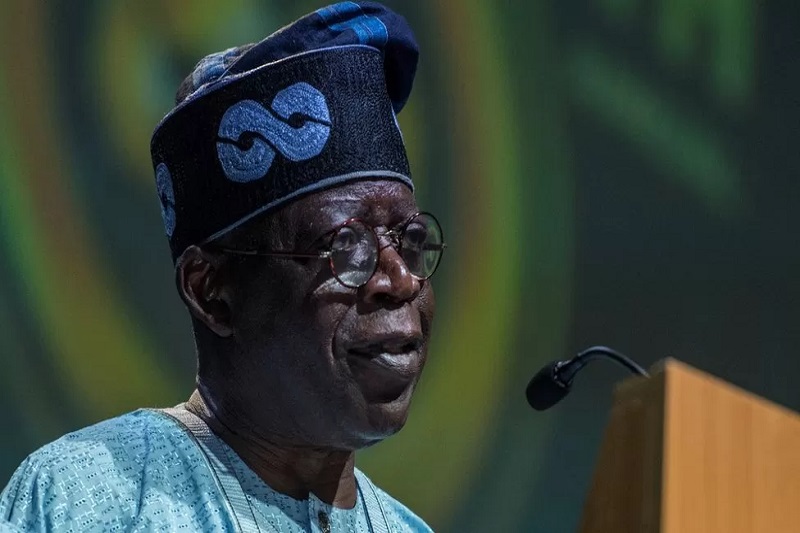Bola Tinubu, the current president of Nigeria, has urged Nigerians to be patient after his decision to remove a popular petrol subsidy that increased petrol, transport, and food prices.
On June 12, the Nigerian President said in a broadcast to mark Democracy Day, “I admit that the decision will impose an extra burden on the masses of our people. I feel your pain. The government will repay you through massive investment.”
The popular gasoline subsidy in Nigeria helped keep consumer prices for gasoline low. Reportedly, the subsidy led to wider budget deficits and drove up public debt.
Nigerian President Bola Tinubu decided to stop fuel subsidies at the end of June. He urged Nigerians to sacrifice a little more for the survival of Nigeria. On his first day in office in May, he called for an end to the subsidy. Subsequently, petrol prices increased from 190 nairas ($0.41) per litre to about 540 nairas per litre.
Nigeria started experiencing fuel shortages and long queues at filling stations in major cities in the country. Later on, the Nigerian president explained that the fuel subsidy was erased due to budgetary concerns. He promised an increase in public infrastructure, education, healthcare, and job creation.
Related Posts
Earlier, the Nigerian Midstream and Downstream Petroleum Regulatory Authority assured Nigerians that there is enough fuel supply to meet demand, urging them against panic buying.
Nigeria’s newly elected president has been advised by a team to reduce Nigeria’s stake in the oil and gas sector to raise up to $17 billion, according to a policy document.
According to Reuters, Tinubu’s policy advisory team recommended stripping NNPC (Nigerian National Petroleum Corporation Ltd) of any policy-making role for the energy sector in the country.

